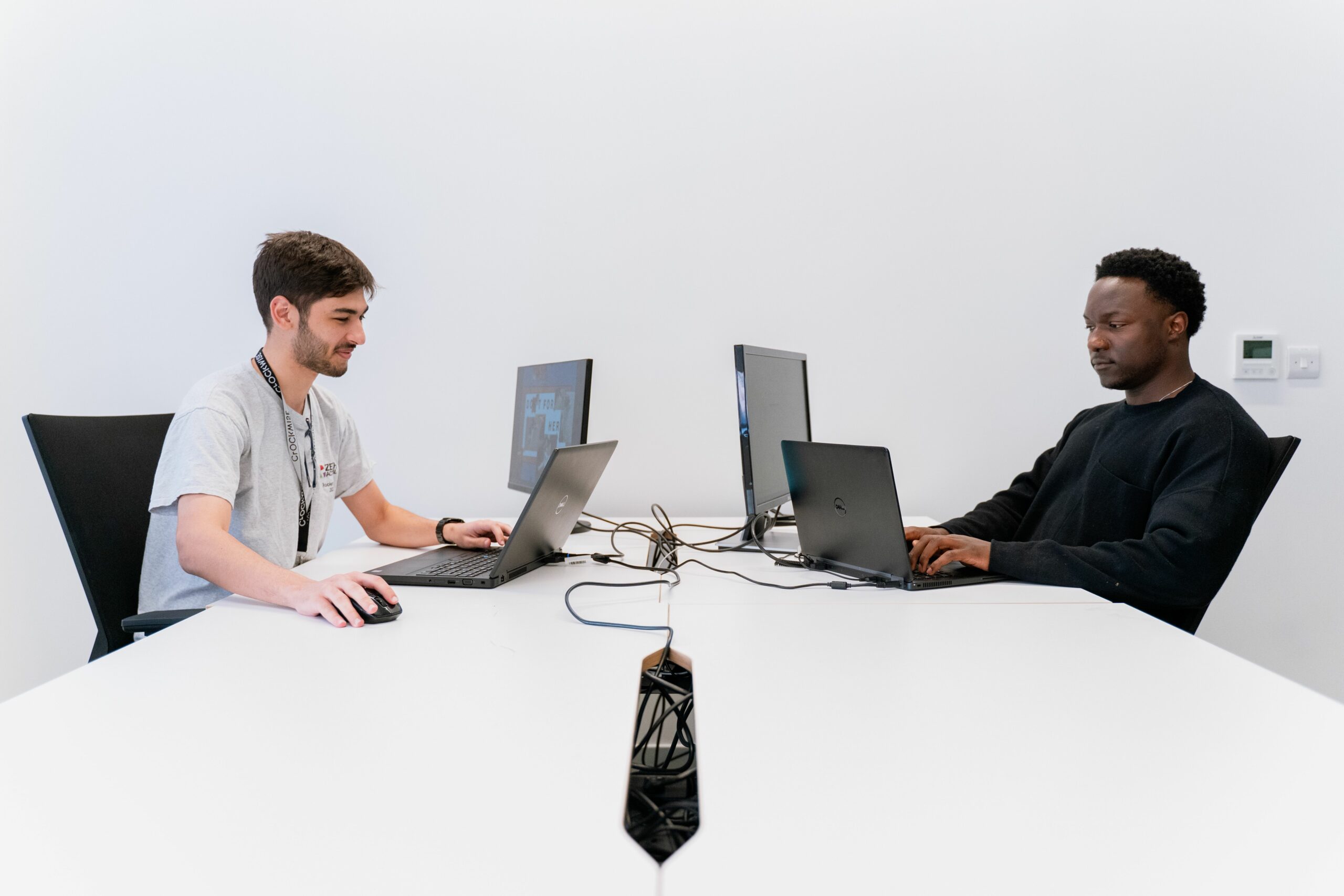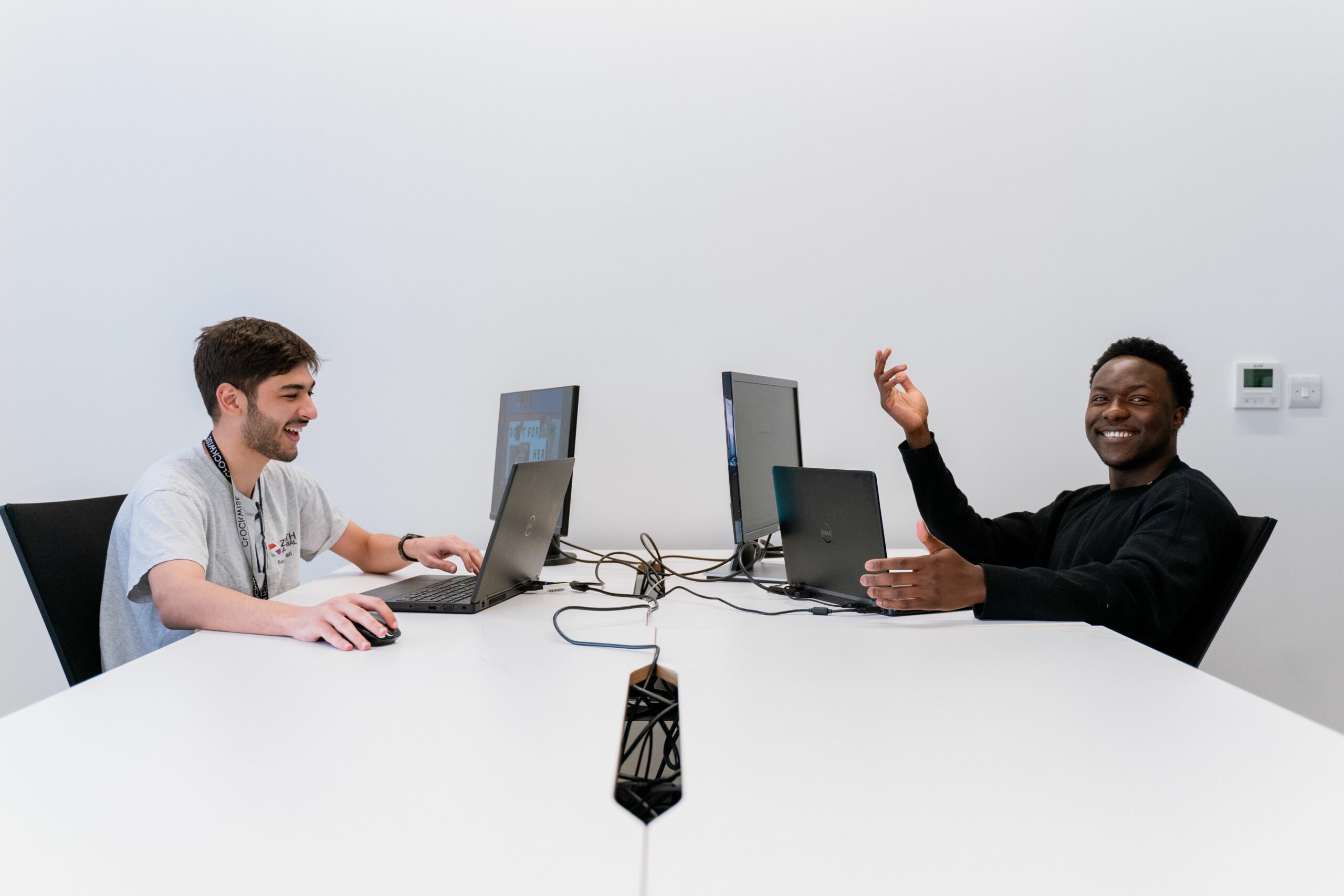
1) What was your expectation of a placement year before you started at Zenith?
Irfan: Before starting my placement, I did not really know what to expect from my upcoming year in the industry. All I knew for certain is that it would be accompanied by a sudden change to my day-to-day routine – going from the structureless university lifestyle to a much more organised daily life, characterised by getting up early every day and spending a third of the day in the office. I also tried to get myself to think of my time at Zenith as more of a learning experience than anything else, as such a mindset would help me get the most out of my placement.
Craig: I expected to play the role of an apprentice and learn from the Analysts and Actuaries about the company and the work that’s done and eventually apply what I’ve learnt independently and even come up with new developments that could help make tasks become more efficient and accurate.
2) What does a typical day-to-day look like for a placement year at Zenith?
Irfan: Each working day starts off with a couple of meetings to track progress on assigned tasks – one with the modelling team and another with the whole company. However, aside from these two calls, no two days at Zenith are the same, as there are several different types of work that I am involved in. I have been given the responsibility of updating all of the files used to carry out monthly solvency assessments for one of our clients, which means that every month has the same foundation of BAU work.
The variance in work is introduced with all the other tasks which are passed on to me throughout the month. Over the past few months I have also been exposed to various types of work such as setting up mail merges, creating new spreadsheets/writing code to improve processes, helping out with the solvency assessments for other clients, updating a ‘market stats’ blog which is posted to the company website etc.
Craig: Usually, my day starts with a Modelling Team meeting and this meeting is for the analysts to discuss any tasks we’re working on in our respective client teams. That’s then followed by a company wide meeting where we get on overview of the work being done in the different client teams and we also get to know about any upcoming projects that company is working on. After that I get to work on the tasks I have at hand, and these vary depending on where we are in the valuation period. I work with an Actuary who oversees my work and reviews it before it’s delivered to the client.
3) What are two valuable things that you have learned during your placement year that you did not learn in university?
Irfan: During my placement, I have been able to vastly expand my R and MS Excel knowledge. I believe these two competencies are very valuable in the actuarial industry – Excel as it is what many firms run on and is used in all processes companywide and R as I believe programming has the potential to vastly improve efficiency in all tasks where the use of VBA/Excel is employed.
Craig: I’ve learnt about how the financial products that I was introduced to in University such as Bonds and Annuities are treated in financial valuations, all the way from the data preparation stage up to producing the client’s solvency position. I’ve also got to learn how to use Power Query as a tool to import and shape data in excel in a way that meets the client’s needs.
4) What would you advise students who are looking into doing an actuarial placement year?
Irfan: The decision to take a placement year has several benefits as well as a few drawbacks, and I think every potential placement student should take these into account and understand where their priorities lie before making this decision.
The main benefit of a placement year is that you get to experience the type of work environment that is waiting for you after you graduate, which is especially important to those students who are not certain that they want to follow this career path in the future. This also is an opportunity for a student to create a good impression on their employer, potentially earning them an offer post-graduation, taking a lot of stress out of the very common job search midway through the third university year. A placement year is also something that is very attractive on any CV and would lead to better job-searching experiences in the future.
However, taking a placement year means that you are virtually sacrificing one year of studying and passing the actuarial exams. This can be a drawback to those students who are certain of their career path. Another factor which can be construed as a good or bad thing is the year-long break from university work. This is a good thing as it gives you some time to rest before starting your third and most important year of university, however this can be a detriment due to the potential of gaps in knowledge introduced by the lack of studying which could make the last year very tough.
Craig: I would wholeheartedly recommend it to anyone. It’s a great learning experience that has expanded on the theories and topics that I’ve learnt about at university, and I have developed practical skills that I hope will open doors and provide a solid foundation for my career in the Actuarial industry. If you’re honest with yourself and you want to get the most out of your placement, you’ll be thrown out of your usual comfortable routine and will have to face the reality that you’re not superhuman. In doing this, you’ll find areas you can improve, which will allow you to put a plan to legitimately grow.
